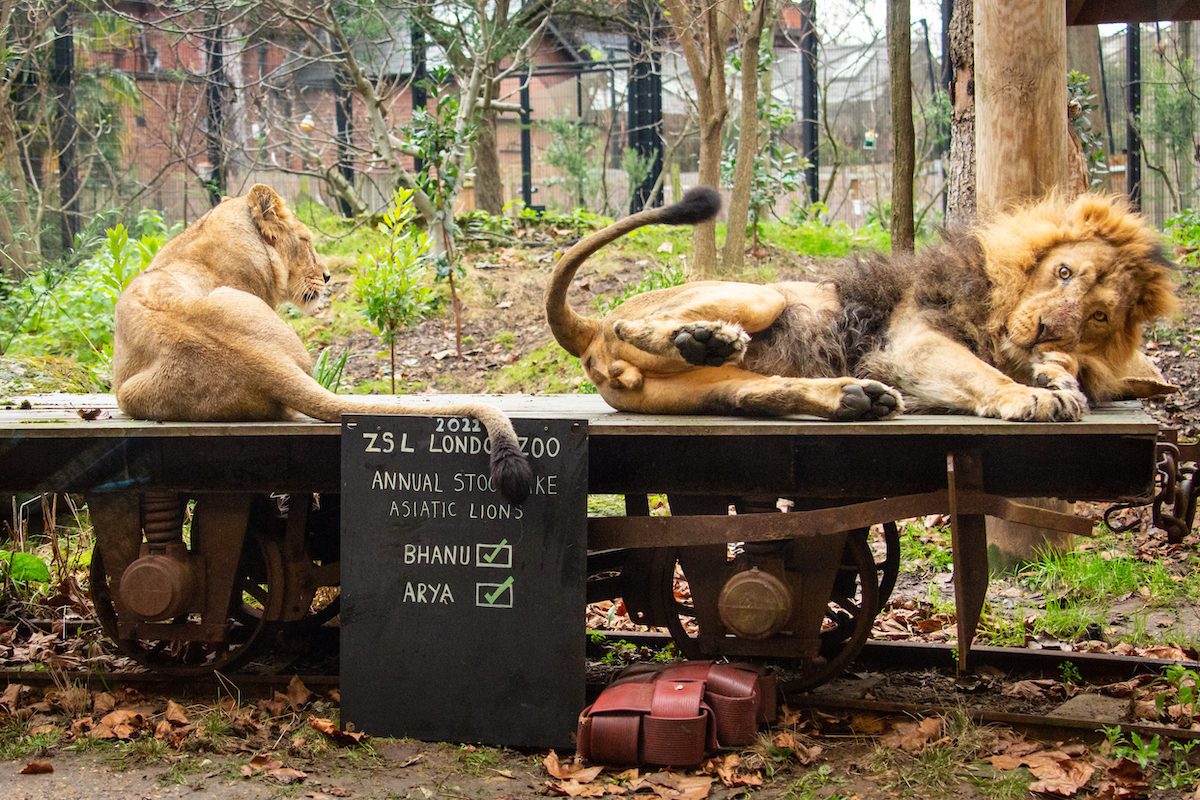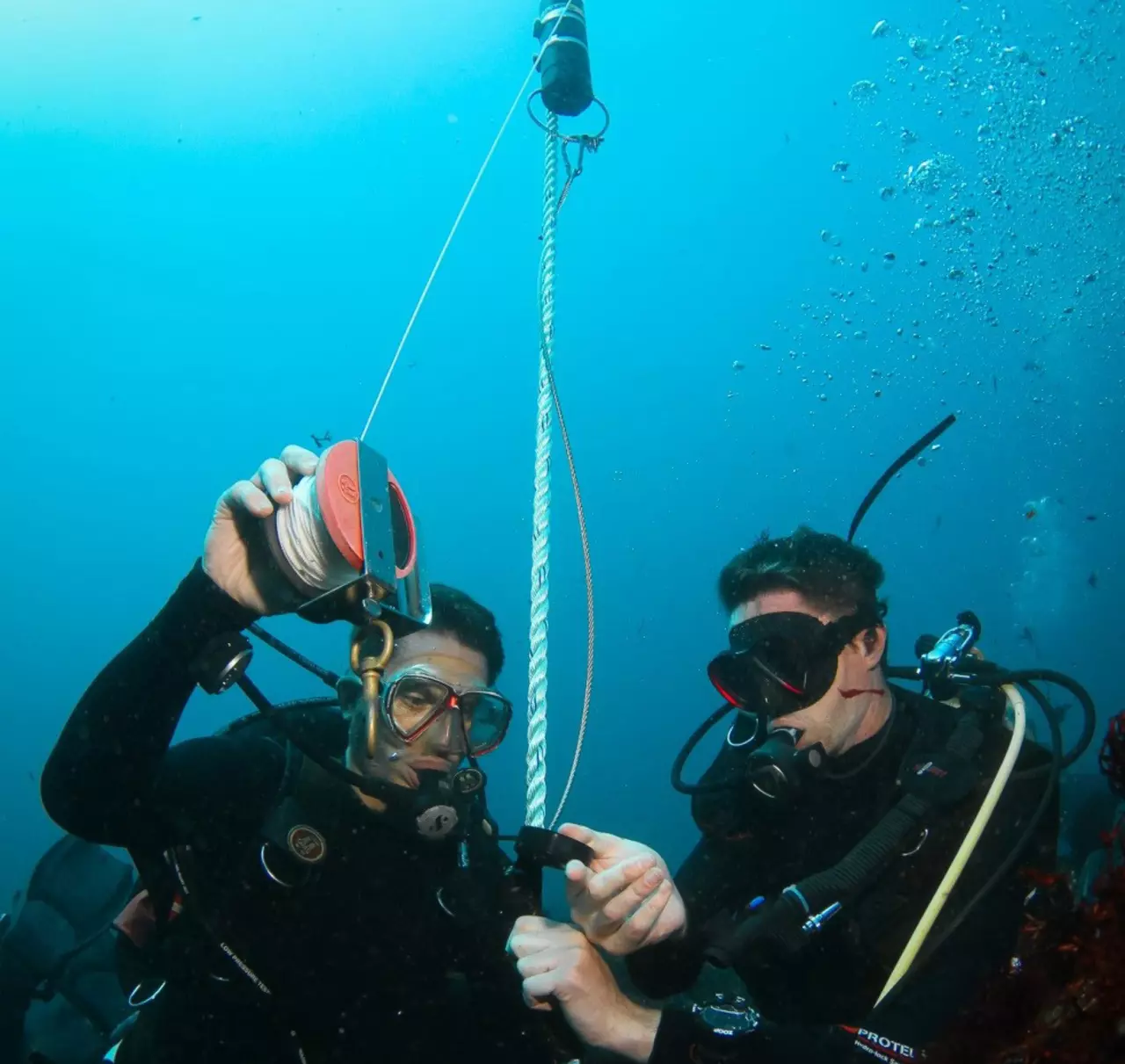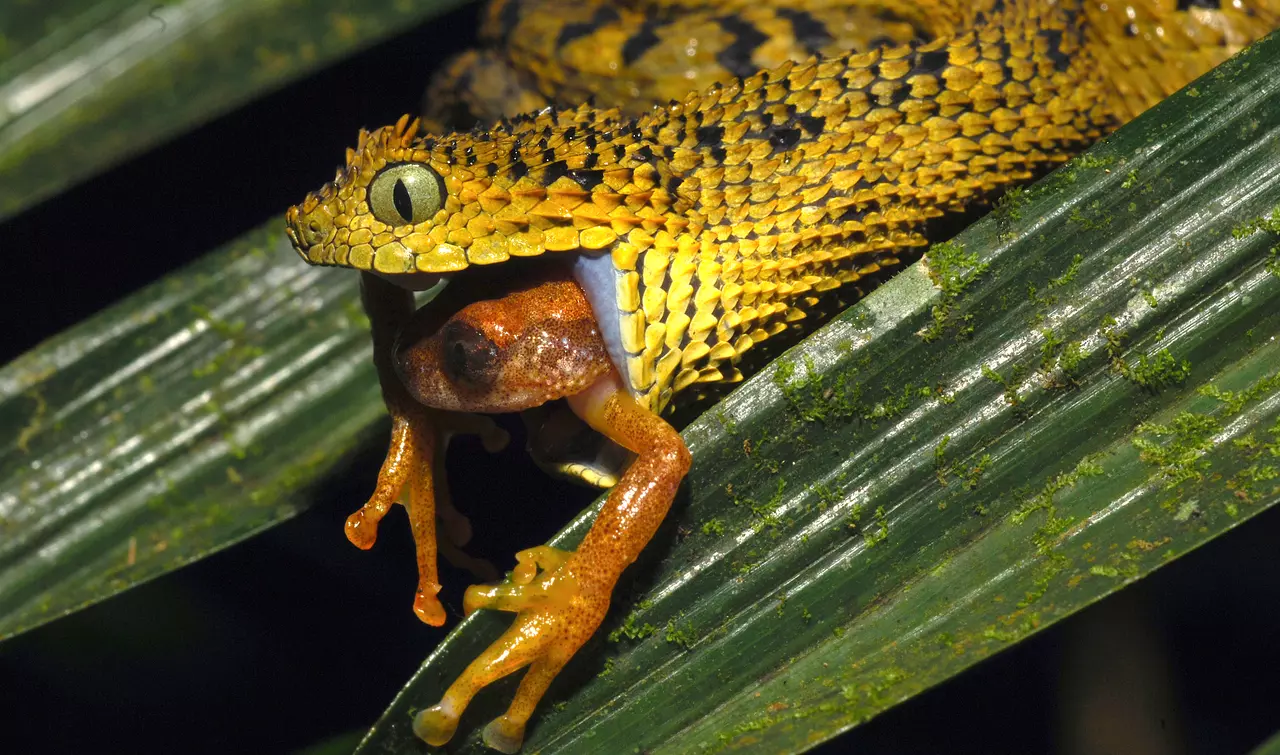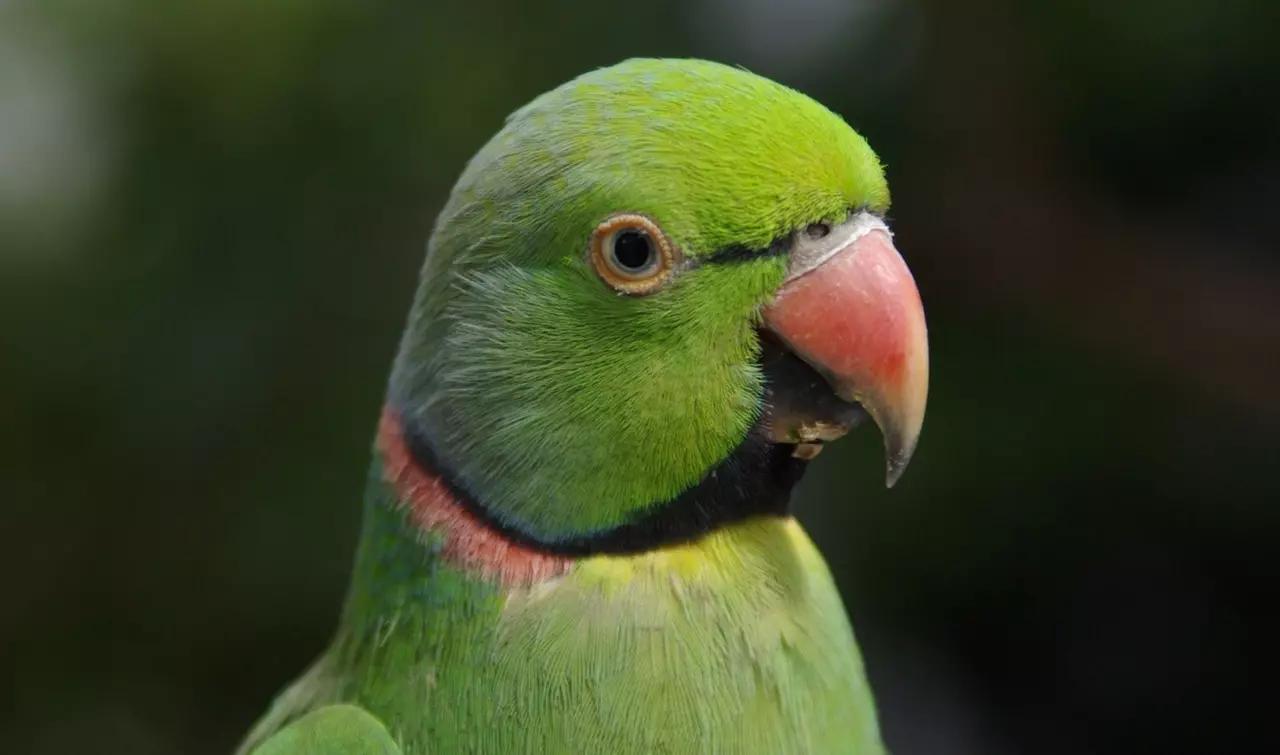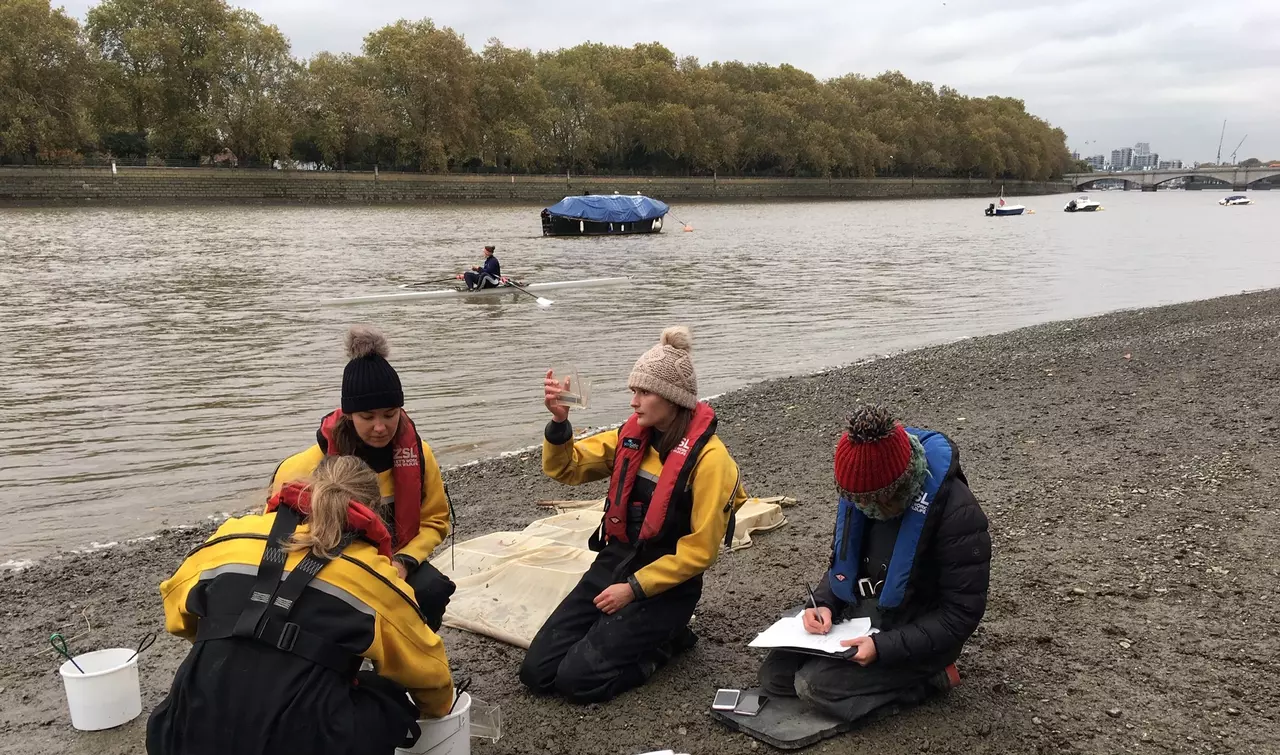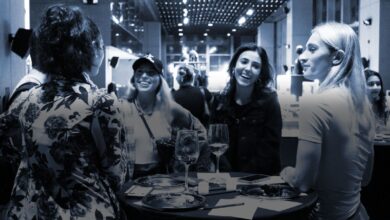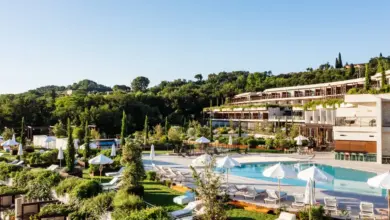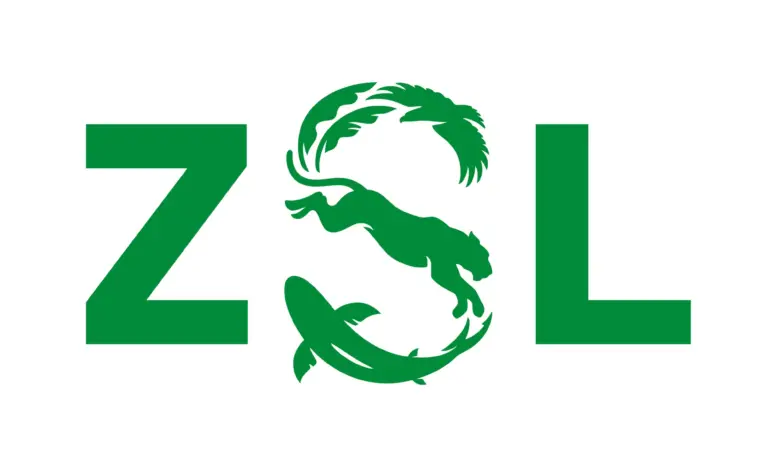
Introduction
It’s no secret that our planet’s biodiversity is under threat. The effects of climate change, habitat destruction, and poaching are all taking their toll on the delicate ecosystems that support wildlife. Fortunately, there are organizations like the Zoological Society of London (ZSL) that are working tirelessly to bridge the gap between science and wildlife protection. In this post, we’ll take a closer look at what ZSL stands for, how they’re making an impact on the environment, the projects they’re involved in, and ways you can get involved.
How ZSL is helping bridge the gap between science and wildlife protection
ZSL stands for the Zoological Society of London, a charity organization that works to promote and achieve worldwide conservation of animals and their habitats. Founded in 1826, ZSL has been a pioneer in the field of wildlife conservation for nearly two centuries. Their work encompasses scientific research, conservation projects, and education, all with the goal of protecting threatened species and their habitats.
Projects that ZSL is involved in, from species conservation to sustainable habitats
One of ZSL’s most important achievements to date has been the establishment of the EDGE of Existence program, which focuses on identifying and protecting the most evolutionarily unique and threatened species on the planet. Through this program, ZSL has supported conservation efforts for species such as the pangolin, the saola, and the purple frog. The EDGE program is just one example of how ZSL is using science to inform conservation efforts and protect some of the most unique and endangered species on the planet.
ZSL is also involved in a wide range of other conservation projects. For example, the organization partners with local communities in Indonesia to protect the Sumatran tiger and its forest habitat. ZSL is also working to restore sustainable habitats for the black rhino in Kenya and to support the conservation of the Grevy’s zebra in Ethiopia. All of these projects aim to protect and conserve wildlife populations and ensure their long-term survival.
How individual efforts can make a difference in protecting our planet’s biodiversity
Of course, conservation is not something that can be left to organizations alone. Individual effort is also critical in protecting our planet’s biodiversity. ZSL recognizes this fact and has developed a number of ways that people can get involved in their conservation efforts. From volunteering and fundraising to citizen science apps and educational resources, ZSL provides many opportunities for people to make a difference in the fight against wildlife extinction.
Upcoming initiatives and ways you can get involved with ZSL
Looking towards the future, ZSL has a number of ambitious initiatives lined up. One of their primary goals is to influence international biodiversity policy by working with governments and other organizations to ensure that conservation remains a priority. ZSL is also committed to continuing their scientific research and engaging the public in their efforts. Through these and other initiatives, ZSL hopes to continue making an impact on the conservation of animals and their habitats for years to come.
Conclusion
Bridging science and wildlife conservation together is a powerful tool in the battle to save some of the world’s most threatened species and habitats, as the Zoological Society of London does. ZSL has been instrumental in helping improve animal welfare, captive breeding, public awareness for conservation efforts, and much more. Their research has opened up new opportunities for helping implement sustainable strategies to ensure that the environment can not only be well-preserved but also thrive. We must continue to support organizations like ZSL – ones that are invested in furthering our understanding of wildlife conservation – if we are to see our planet heal from human-caused degradation and degradation from other processes. With a richer knowledge of our environment comes greater power to act on its behalf. To secure our collective future, we must look to initiatives like this one from ZSL in order to bring us closer towards preserving biodiversity and creating a better tomorrow for generations yet to come.


